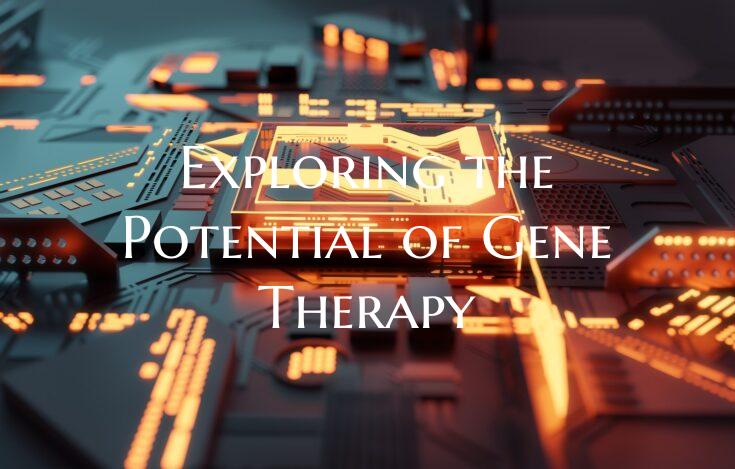Exploring the Potential of Gene Therapy
Gene therapy, a cutting-edge medical approach, holds tremendous promise in revolutionizing the treatment and management of various genetic disorders and chronic diseases. By harnessing the power of genetic manipulation, this innovative therapy aims to correct or replace abnormal genes responsible for causing diseases, offering hope for a future where debilitating conditions can be effectively treated at their root cause.
One of the primary advantages of gene therapy lies in its potential to target genetic mutations directly, addressing the underlying genetic basis of diseases such as cystic fibrosis, muscular dystrophy, and certain types of cancer. By introducing functional genes or modifying existing ones within a patient's cells, gene therapy has the capability to restore normal cellular function and alleviate symptoms associated with these conditions. This personalized treatment approach holds great promise for individuals who may have previously faced limited or ineffective treatment options.
Moreover, gene therapy has the power to pave the way for groundbreaking advancements in the field of medicine, ushering in an era of precision medicine tailored to an individual's unique genetic makeup. This highly specialized form of treatment has the potential to not only treat inherited genetic disorders but also combat complex diseases such as cardiovascular conditions, neurological disorders, and autoimmune diseases more effectively.
While the field of gene therapy has made significant strides in recent years, researchers and healthcare professionals continue to explore and refine this novel approach to ensure its safety, efficacy, and long-term sustainability. Challenges such as immune responses, delivery methods, and ethical considerations remain areas of active investigation and development in the quest to unlock the full potential of gene therapy.
In conclusion, the potential of gene therapy is vast and transformative, offering hope for patients and families affected by genetic disorders and chronic diseases. As scientists and clinicians delve deeper into the complexities of genetic manipulation and therapeutic interventions, the future of gene therapy holds the promise of personalized, targeted solutions that may ultimately improve outcomes and quality of life for countless individuals worldwide. The journey to fully realize the potential of gene therapy is ongoing, but the possibilities it presents are truly awe-inspiring and emblematic of the remarkable progress being made in the realm of modern medicine.

